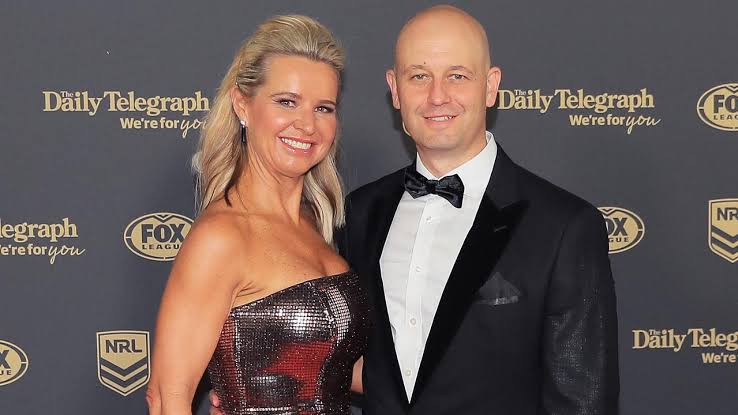Bob Stoops remains one of the most iconic figures in Oklahoma Sooners football history. With a total of 191 career wins, he has set a record that is unlikely to be surpassed anytime soon. His impact on the program is immeasurable, and his tenure as head coach left an indelible mark on the Sooners, shaping the modern era of college football.
Stoops took over the Oklahoma football program in 1999, and almost immediately transformed the team into a national powerhouse. Under his leadership, the Sooners achieved remarkable success, including winning the national championship in 2000. Stoops was known for his defensive prowess, but his overall coaching ability, recruiting acumen, and ability to adapt made him one of the best to ever grace the sidelines.
Throughout his 18 seasons at the helm, Stoops turned Oklahoma into one of the most consistent programs in the country. His Sooners made 18 consecutive bowl appearances, and Stoops led Oklahoma to 10 Big 12 Conference titles. His teams regularly competed for national championships, earning a reputation for being among the most dominant in college football during the early 2000s.
Not only did Stoops bring Oklahoma to the pinnacle of college football, but he also molded a plethora of standout players who would go on to have successful careers in the NFL. The success under Stoops wasn’t just about the wins and losses; it was about building a culture of excellence that extended beyond the football field.
Since Stoops’ departure in 2017, no coach has come close to matching his record of 191 wins at Oklahoma. While Lincoln Riley had a successful stint before leaving for USC, and Brent Venables is working to restore the program to its former glory, Stoops’ legacy remains unchallenged in terms of total wins.
His ability to recruit, develop talent, and consistently win at a high level has made him a model for future generations of coaches. In the ever-evolving world of college football, where coaching changes and program shifts are frequent, Stoops’ longevity and success are rare and historic. He built a program that was not only competitive but also defined an era, solidifying his place in the annals of college football history as Oklahoma’s best coach to date.










